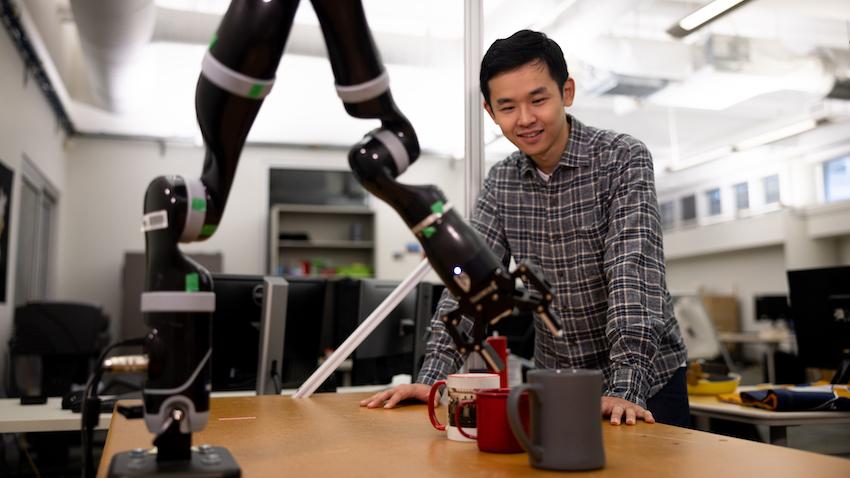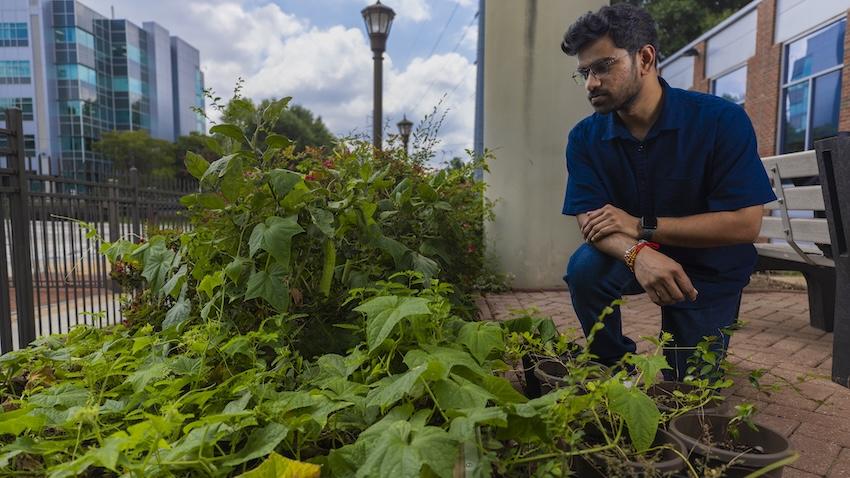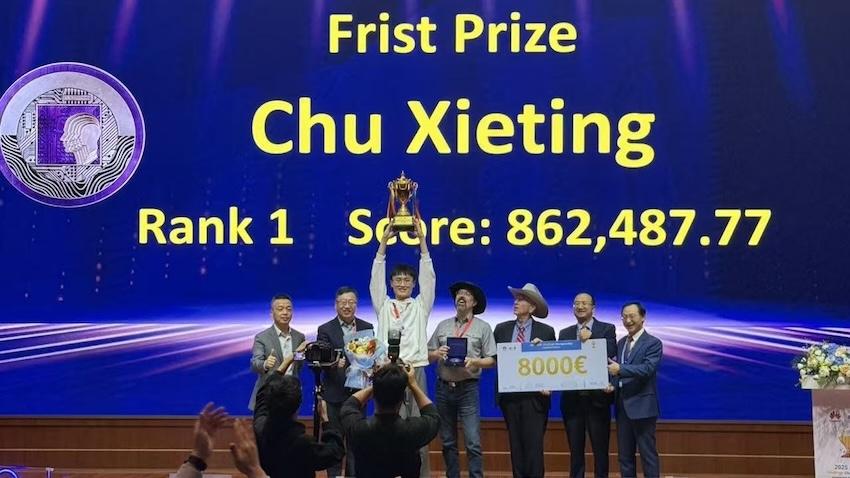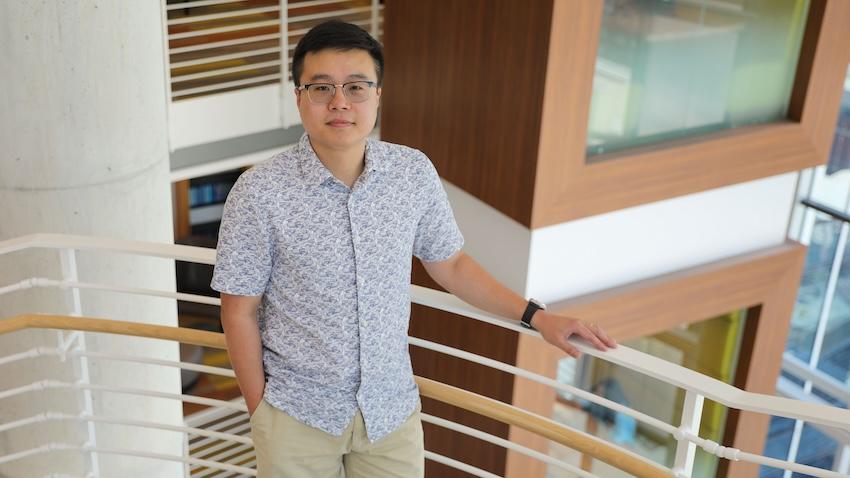
Ph.D. Student Looks Back on 10 Years at Georgia Tech
By the time Weiyu Liu walks across the stage Dec. 16 at Bobby Dodd Stadium to receive his doctorate diploma, he will have spent nearly one-third of his life at Georgia Tech. He’ll leave with two degrees and 10 years of memories.
Liu left his home country of China to attend Georgia Tech as an undergrad and spent five years earning his Bachelor of Science in Electrical Engineering before spending another five working toward a Ph.D. in robotics.
Working under the advisement of School of Interactive Computing associate professor Sonia Chernova, director of the Robot Autonomy and Interactive Learning (RAIL) lab, Liu knew he would have the autonomy to make his research his own.
“We have amazing, top-tier researchers,” Liu said. “I think opportunity is the word to use to describe the research here. We’re not bound by trends. Our researchers have developed their own themes. The research is very diverse. We can collaborate with external researchers and develop our own research.”
Liu has been interested in robotics since he was a kid, entering several robotics competitions during high school. As he started his post-grad research, he narrowed his focus to studying robotic autonomy.
“The question that drives my research is how do we develop autonomous robots that can operate in human environments? One core idea that my research is based on is leveraging semantic knowledge,” he said. “Humans use semantic memory to store knowledge of the world, including facts about objects, actions, and relations. This knowledge helps us use language productively to plan and reason and solve problems creatively. So, we wonder if robots can also use semantic knowledge to better accomplish tasks in the real world.”
Robots are becoming more effective at performing specific tasks that are well-defined, such as picking up a mug. However, getting a robot to perform more general tasks specified in natural languages, such as “set the table,” is much more complicated.
“In this case, the robot must understand various geometric and semantic concepts associated with a correct table setting, like how to position the cutleries with respect to the plate and how to order the cutleries based on their sizes and functions,” he said. “More importantly, the robot needs to be able to apply these general concepts to the specific objects in front of the robot and manipulate the objects to create that structure in the physical world.”
In addition to his own research, Liu was part of a team from the RAIL lab that developed a robot system that could perform navigation, pick and place, and machinery operation in a structured environment without human intervention for 45 minutes.The robot was named the winner of the 2019 International Conference on Robotics and Automation’ FetchIt! Mobile Manipulation Challenge. As a result, the RAIL lab received a mobile manipulation robot from Fetch Robotics worth $100,000.
Liu said winning the competition was one of his favorite memories from his time at Georgia Tech.
He added that he also has fond memories of his internships as a Ph.D. student. Liu completed two internships at the Nvidia AI Robotics Research Lab in Seattle and is still collaborating with researchers there. After graduating, he will begin a two-year post-doc at Stanford University, his next step toward pursuing a career of researching robotics in higher education.
“Robotics is a growing field,” Liu said. “The interdisciplinary robotic program at Georgia Tech has given me the opportunity to learn knowledge from different fields and then integrate them into my own research. I’ve learned a lot from all the classes and all the other researchers I’ve worked with on this journey. I feel excited to continue my robotics research.”


